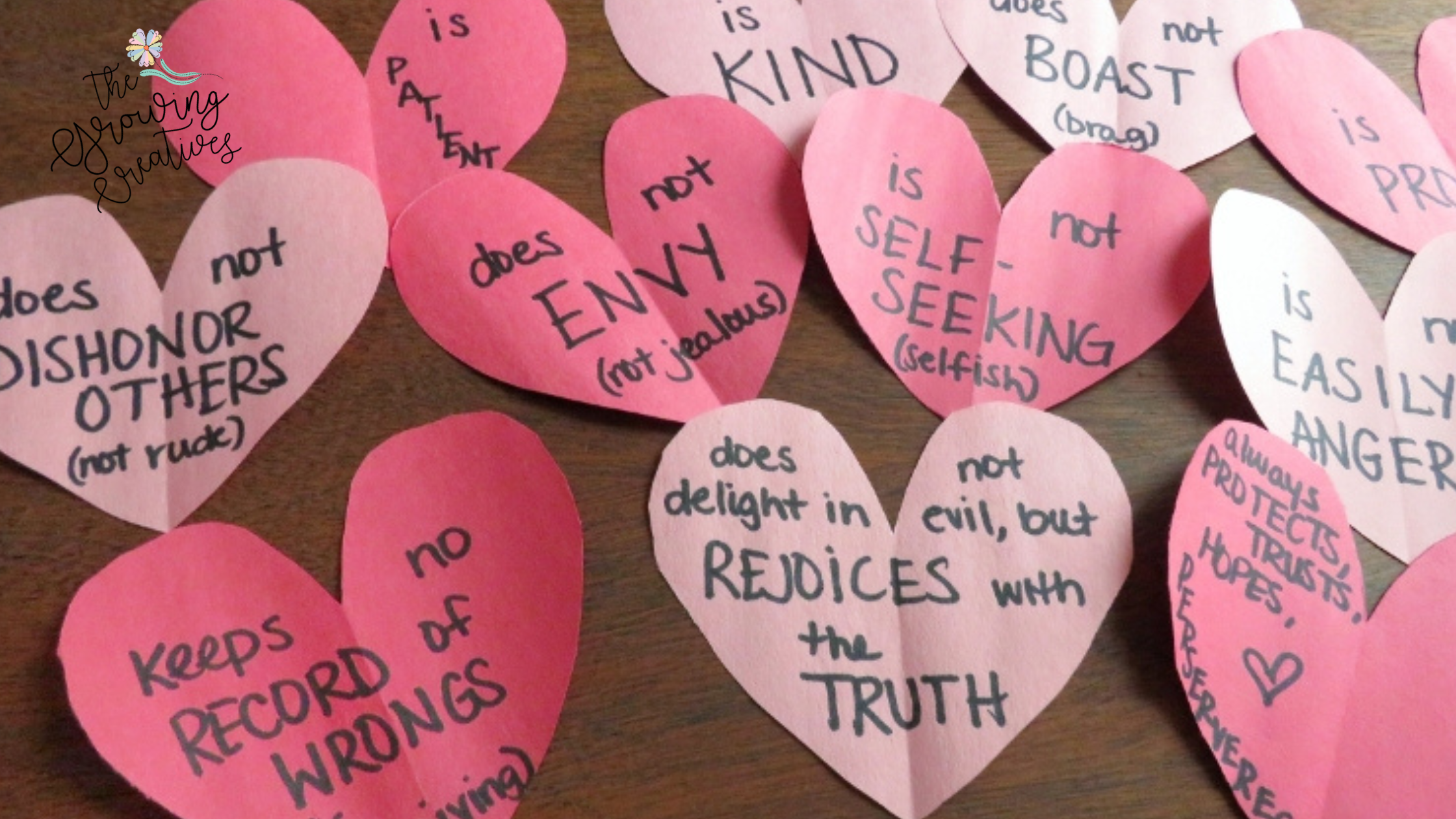Reflections on love, themes from 1 Corinthians 13. 1-3
I looked in temples, churches, and mosques. But I found the Divine within my heart. ― Rumi This is our great covenant: To dwell together in peace, To seek the truth in love, And to help one another. — James Vila Blake Agape is something of the understanding, creative, redemptive goodwill for all men. It […]


